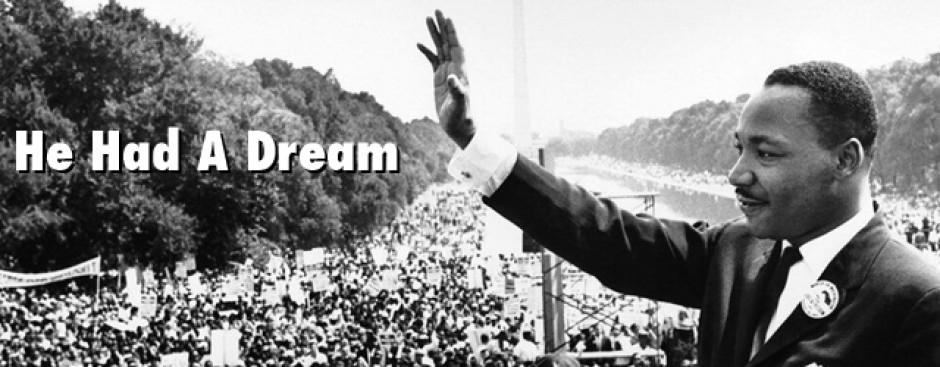Wisdom
This is a short blog, as I am here at RPH supposedly doing work on my PhD. Hey, as writers or even those people who write only for themselves know, when the time strikes, there is an urge to put pen to paper.
A couple of things in the past few days have given me the urge, and I’m not sure how they go together so I will just put them down. And see where it leads.
I am doing a Practical Philosophy course, called the “Wisdom Within”, giving voice to who we really are and how we are to live, when we drop some of the external baggage, and reflect and give space to our inner lives. One exercise was to consider the question, when going about our daily activities, “what would a wise man or woman do?”. A good question, considering we respond so much to life’s ups and downs with hurt, anger, expectation or just plain individualism. It’s all about me!.
I was pondering this, when early this morning I heard from Nazar, the subject of the previous blog. He is well, although the money required to keep him well keeps going up and up, as Pakistan is now in chaos. Prices are skyrocketing and even the basics are astronomical. And medicines are in short supply and expensive. Nazar has to travel to Faisalabad monthly to get his Hep C checked and is on a range of medication for the Hep C, high blood pressure and a heart condition. Because he hasn’t a car he travels by bus there and back, which, with the price of petrol, has also increased. So Nazar needs more money than we have been currently giving him to visit the clinic and collect his prescriptions. Initially I felt burdened by the request, after all, we have been supporting him financially for many years….
Then, of course, I stopped, and realised exactly what I was thinking and saying!!! That question came to mind, “What would a wise man or woman do, what would a person of heart and compassion do, what would a person of faith do?” He is my brother, I am his sister, and so Matt and I will send him as much as he needs. We can’t go to Pakistan any time soon, but we can support Nazar so he can support others. He said, when I spoke to him, that so many people are coming to him for help, particularly in the past few weeks, and particularly those who are the most vulnerable.
And what about the last thing that has spoken to me these last few days? It’s a passage from Frederick Buechner’s book, “A Room to Remember”, which uses a quote from “The Brothers Karamazov”, by Dostoevsky. Let me show you what he wrote –
“In Dostoevsky’s novel, ‘The Brothers Karamazov” there is an extraordinary scene where the old monk Father Zossima dies. They lay him out in his coffin in the chapel, and all of the monks wait around to see a miracle—for the body to give off the fragrance of a rose, maybe, or his dead face to flicker with a holy light. But no miracle happens, and not only does no miracle happen, but as time goes by something else happens instead. After a while the body shows signs of decomposition, and gradually—though at first the monks try not to notice it—the chapel is filled with the stink of death. No miracle happens, but decay and death happen, the stench of dust returning to dust; and the one who loved the old man most—Alyosha, the youngest of the brothers—stands ready to give the whole thing up as a bad joke, to give up all hope of miracle, to give up his life, to give up if not God himself then the dusty world that hides God from our sight. Then he has this dream.
He is keeping vigil at the old man’s coffin while one of the monks reads the story of the Wedding at Cana over it, and when he falls asleep, the dream comes. It is a dream about Cana. There are the guests, there are the young couple sitting, the wise governor of the feast, and suddenly there is old Zossima too—a little thin old man with tiny wrinkles on his face, and of all the things he could be doing, what he is doing in that dream is laughing, laughing at that great feast like a child. And when Alyosha wakes up, he does something that he himself does not fully understand. He tears out of the chapel and rushes down into the monastery yard. He hears inside himself the words, “Water the earth with the tears of your joy and love those tears” and suddenly he gets down on all fours and kisses the earth with his lips; and when he gets up, he’s no longer a teary wreck of a boy but a “champion,” Dostoevsky writes—some kind of crazy champion and hero. “
So, what have I gleaned for these little bits of happenings around me, these strange nudgings?
Maybe that we too can be some kind of crazy champion and hero, not in some incredible sense, but in some ordinary sense. Miracles need not be of the magical supernatural kind. Life itself is a miracle and what we do with it, for each other, can be miracles indeed. I believe fully and deeply that we are connected at our core to one another and to all of creation, and to the divine, at the very heart of everything. And we should try to live that understanding out, every day.
“What would a wise man or woman do”.
I feel it’s probably just that.
Karen

Recent Comments